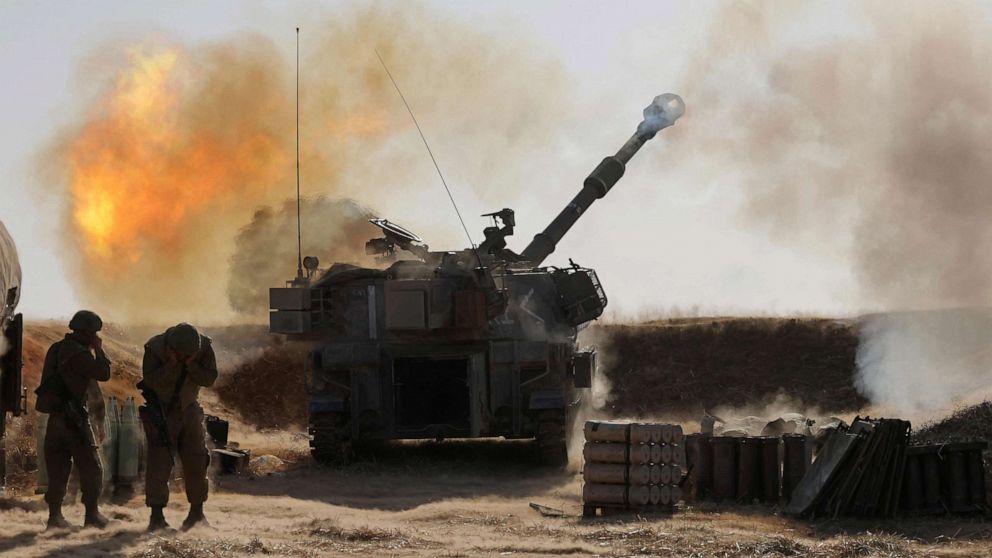Death toll rises as violence escalates between Israel, Hamas
Tensions in the Middle East have risen to new heights as deadly confrontations continued unabated Wednesday between Israel's military and Hamas, the Palestinian militant group ruling the Gaza Strip.
The Israel Defense Forces said on Twitter early Wednesday that Hamas and other militant groups had fired more than 1,000 rockets into central and southern Israel over the past two days, targeting cities including Ashdod, Ashkelon, Beersheba, Tel Aviv and the capital, Jerusalem.
In response, the Israel Defense Forces unleashed hundreds of airstrikes aimed at what it said were Hamas and other terror targets in the Gaza Strip, where two million Palestinians have lived under a blockade imposed by neighboring Israel and Egypt since Hamas took control of the 140-square-mile territory in 2007.
The civilian death toll has been increasing on both sides. At least 53 people, including 14 children and three women, have been killed in the Gaza Strip since the violence escalated Monday, according to the Palestinian Ministry of Health. Another 320 people have been wounded there, including 86 children and 39 women.
In Israel, at least six people, including three women and a child, have been killed by rocket fire, while 46 others have been injured, according to Israeli emergency services.
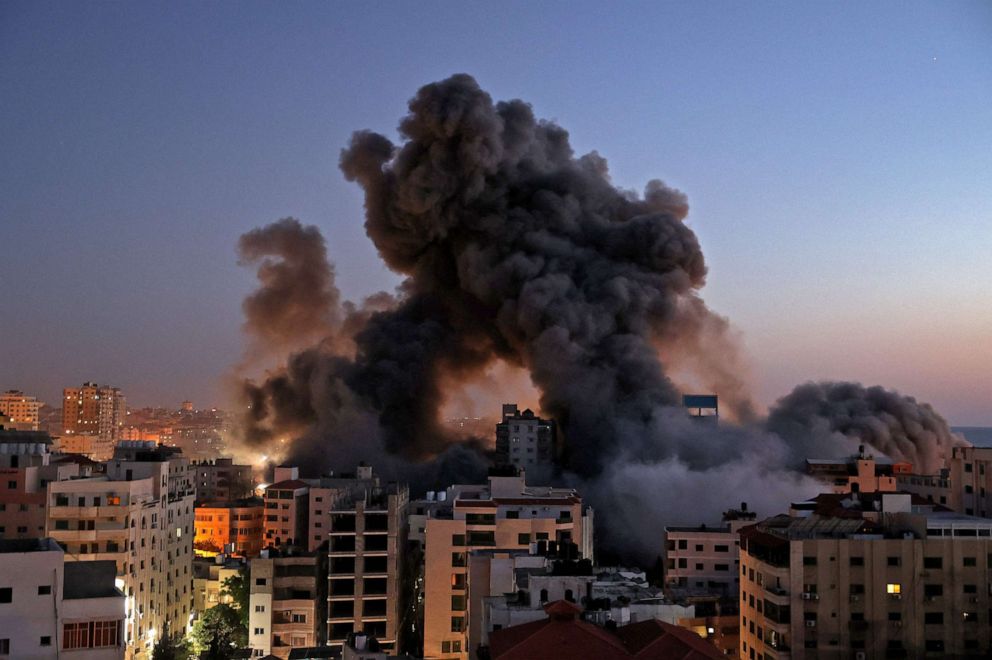
The Israel Defense Forces confirmed that its fighter jets had struck two civilian buildings used by Hamas, one as a weapons storage and another for the group's intelligence unit. The Israel Defense Forces said it warned residents to leave the area before striking the targets.
The strikes killed "a number of senior commanders" who "were a key part of the Hamas 'General Staff' and are considered close to the head of the Hamas military wing," the Israel Defense Forces said in a statement Wednesday, without providing the name of those who were killed.
Hamas confirmed that its Gaza City commander Bassem Issa was killed in a strike Wednesday. The armed wing of Hamas said in a statement that Issa was killed "along with a few of his fellow brothers of leaders and holy fighters."
Among the dead was Israel Defense Forces Staff Sgt. Omer Tabib, who was killed by one of Hamas' missiles on Wednesday morning. He's the first Israeli soldier to die in the ongoing violence. Two other soldiers were injured in the missile attack, according to a statement from Israel Defense Forces.
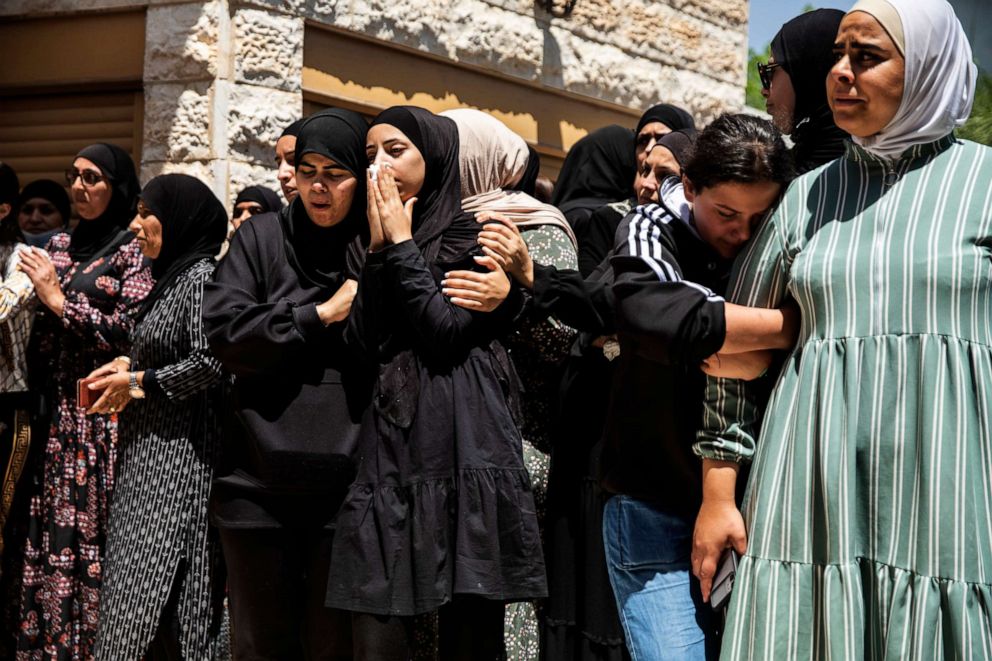
Israeli Prime Minister Benjamin Netanyahu has vowed to continue the retaliatory attacks.
"Hamas and Islamic Jihad have paid and I tell you here, they will pay a very heavy price for their aggression. I say here tonight, they signed their death warrants," Netanyahu said in a televised statement Tuesday evening. "We continue to attack with all our might."
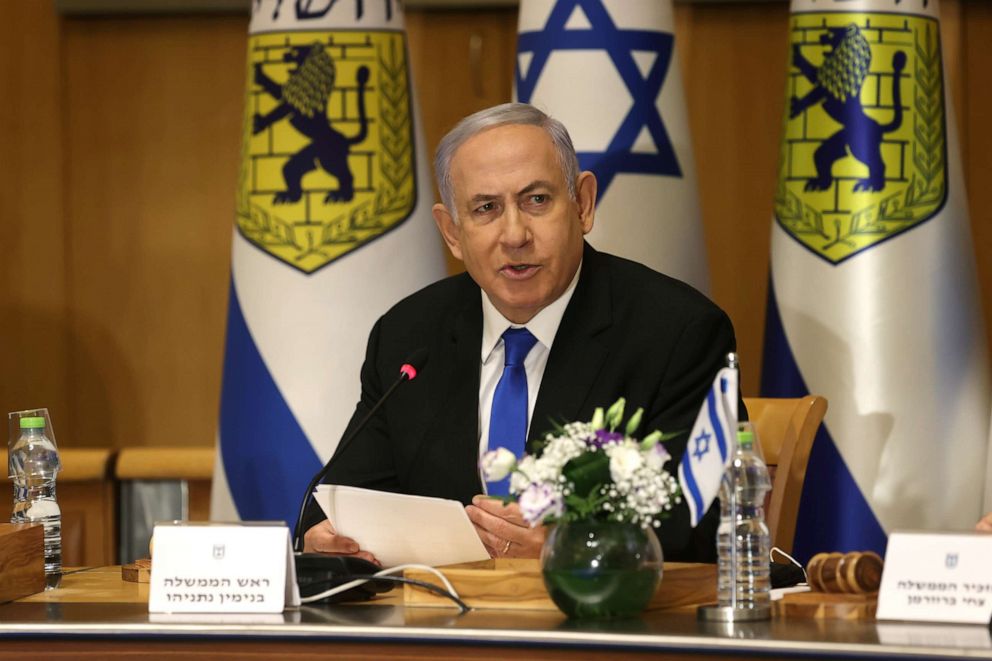
Hamas began firing a barrage of rockets from the Gaza Strip on Monday evening, and the situation quickly escalated. The Israel Defense Forces said in a statement on its website that at least seven of those rockets were fired toward Jerusalem. Israel's sophisticated air defense system, known as the Iron Dome, has intercepted hundreds of rockets since Monday, according to the Israel Defense Forces.
"We will do what is right to ensure the security of Israel," Nadav Argaman, the head of Shin Bet, Israel's domestic security agency, said during a press conference Tuesday.
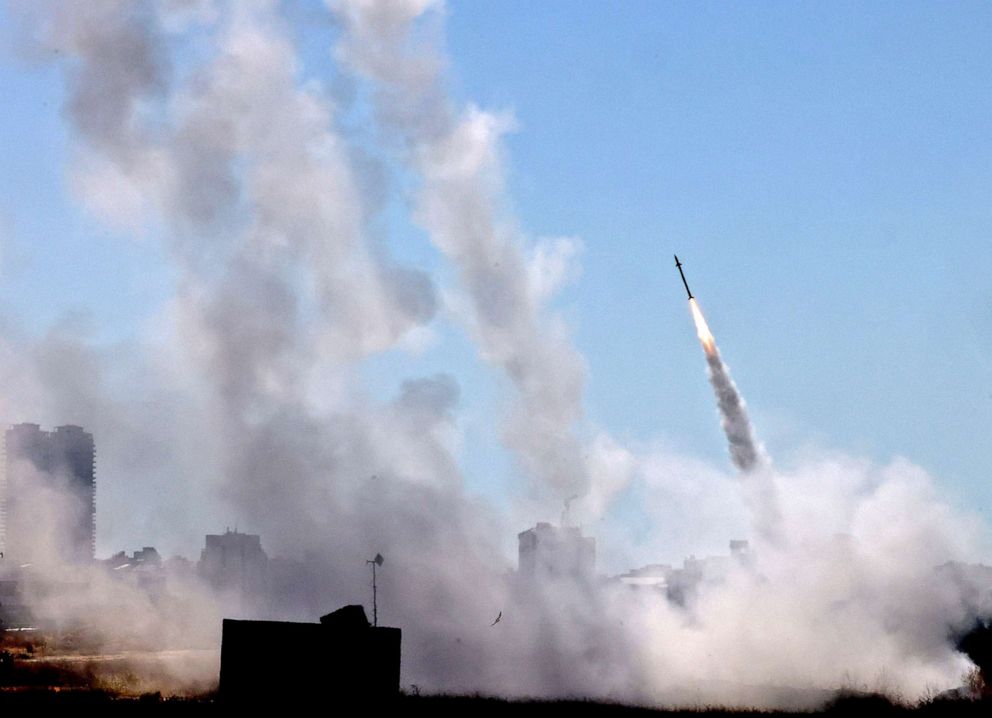
Hamas’ exiled leader, Ismail Haniyeh, said the group has "defended Jerusalem" and that Israel bears responsibility.
"It's the Israeli occupation that set Jerusalem on fire, and the flames reached Gaza," Haniyeh said during a televised speech Tuesday.
The fighting marks the worst outbreak of violence between Israeli forces and Hamas since a 50-day war in the summer of 2014. Israel Defense Minister Benny Gantz said the conflict is far from over.
"This is just the beginning," Gantz said during a press conference Tuesday. "[We] will restore security and we will do it for the long term."
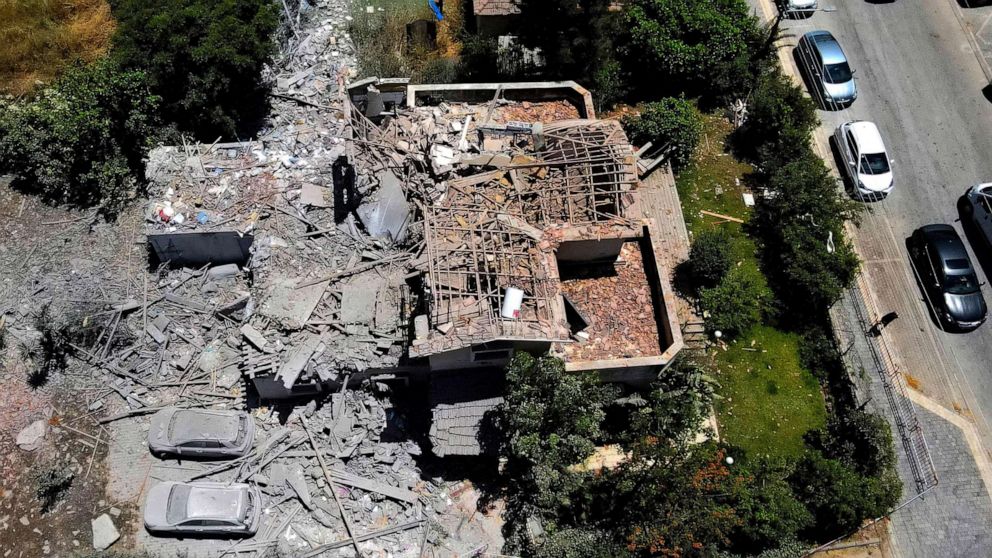
U.S. Secretary of State Antony Blinken has spoken to leaders on both sides and called for an end to the violence, according to U.S. Department of State spokesperson Ned Price.
"Israel has the right to defend itself and to respond to rocket attacks. The Palestinian people also have the right to safety and security, just as Israelis do," Price said in prepared remarks at the start of Tuesday's press briefing. "The United States will continue to remain engaged with senior Israeli officials and Palestinian leadership in the days and weeks ahead."
White House press secretary Jen Psaki condemned the ongoing rocket attacks by Hamas and other groups but said the United States also continues to support a two-state solution to the Israeli-Palestinian conflict, which would create an independent Israel and Palestine. Israel and the United States both consider Hamas a terrorist organization.
"We believe Palestinians and Israelis deserve equal measures of freedom, security, dignity and prosperity," Psaki told reporters at a press briefing Tuesday. "And U.S. officials, in recent weeks, have spoken candidly with Israeli officials about how evictions of Palestinian families who have lived for years, sometimes decades, in their homes and of demolitions of these homes work against our common interests in achieving a solution to the conflict."
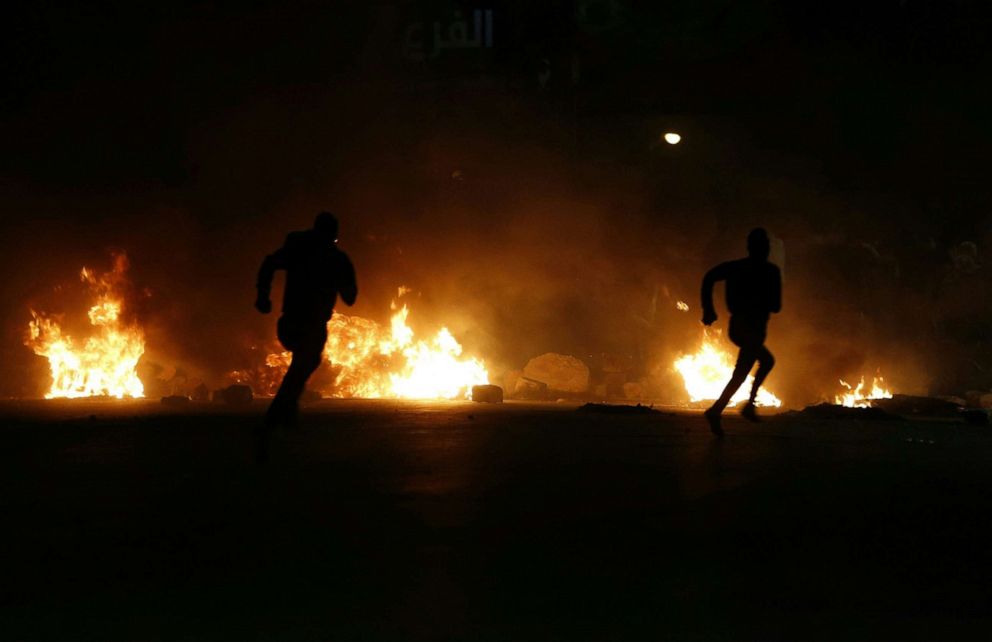
The violence follows last weekend's clashes between Israeli police and Palestinian protesters in east Jerusalem outside the al-Aqsa mosque, the third holiest site in Islam. Hundreds of people were injured after Israeli officers fired tear gas and stun grenades at Palestinian demonstrators who hurled rocks and chairs. The clashes came as Israelis marked Jerusalem Day last Sunday, a national holiday commemorating when Israel captured the eastern part of the city from Jordan during the 1967 war.
The Israeli-Palestinian conflict has raged on for decades. Hundreds of thousands of Palestinians fled or were displaced from their homes in what is now Israel during a war that accompanied the country's creation in 1948. Some Palestinian refugees were rehoused in the Sheikh Jarrah neighborhood of east Jerusalem by the Jordanian government in the 1950s -- before Israel took control of the area. Now, those families are facing possible eviction from land that Jewish settlers claim they lost to Arabs during the 1948 war. Israeli law allows citizens to take back such land, but it does not allow Palestinians to do the same.
Tensions have been rising over a prospective court ruling on the evictions, which was delayed on Monday.
ABC News' Nasser Atta, Guy Davies, Jordana Miller and Christine Theodorou contributed to this report.
